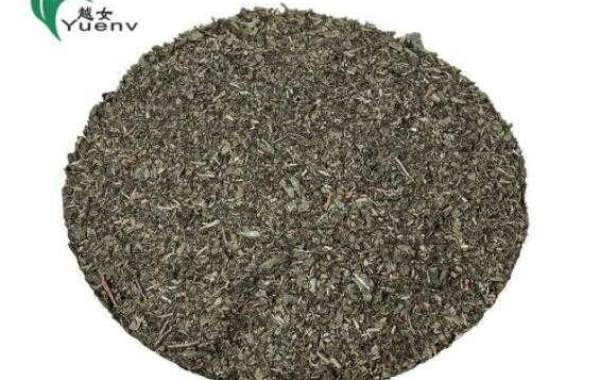"Experiments have proved that the tea polyphenols in China Green Tea can fight cancer, but it is not known how much this ingredient can be absorbed by people drinking tea." Jin Heiying, deputy chief physician of Nanjing Traditional Chinese Medicine Hospital, is a genetic family of colon cancer in Nanjing. One of the researchers is currently preparing a library of 7,000 bowel cancer specimens. "On the one hand, they are trying to find ways to treat cancer. On the other hand, they are seeking whether Chinese medicine can fight cancer. The latest research on tea is exciting."
The tumor on the mouse is smaller
In the animal laboratory, Golden Black Eagle transplanted human colon cancer genes into mice. Soon, these mice became "dying" and became "patients" with colon cancer. Experts told reporters that there is a main ingredient of tea polyphenols in tea. It is said that the anti-cancer effect is mainly concentrated on this ingredient. He injected this ingredient into mice every day. After two weeks, the tumor growth rate slowed down. , And there is a significant shrinking trend.
Jin Heiying, deputy chief physician, told reporters that he speculated that tea polyphenols may restore the order of normal cells, destroy a certain point of tumor cells, and accelerate tumor cell apoptosis. Of course, all this still needs experimentation to prove. He told reporters that some domestic experts believe that treating animals with green or black tea can reduce esophageal cancer, gastric cancer or skin cancer in laboratory animals by 70%. From this series of studies, it can be seen that the ingredients in tea do indeed play an anti-cancer effect.
Effective for tumors under 1 cm
Jin Heiying told reporters that through this experiment, it was also found that not many tumors in tea can be eliminated. According to his observation, if the tumor of the diseased mouse is less than 1 cm in length and width, then the tea will reduce it. If the tumor is too large , Then tea is of no avail. This tells us that if it is the early stage of tumor occurrence, there may be a certain effect, but in the late stage, the tumor becomes larger and the degree of malignancy is high, then it is unrealistic to expect tea.
It’s hard to say how effective tea is
"However, this experiment can only show that tea has a certain anti-cancer effect, but the extent to which tea can fight cancer needs further research," Jin Heiying told reporters that in this experiment, they injected tea polyphenols directly into it. The abdominal cavity of sick rats is equivalent to human intravenous infusion, which allows the effective components in tea to be absorbed by the rats to the maximum extent and exert their effects. However, we do not know how much of the components we can consume when drinking tea. To be sure, tea polyphenols are extremely easy to be oxidized, and after tea enters the human body, it must enter the stomach first, and it is unknown whether tea polyphenols will be digested by gastric acid. At present, the effect of drinking tea has to be studied. This is the next step of Dr. Jin Heiying's research plan.
To build a colon cancer specimen bank of Nanjing people
In Jin Heiying's laboratory, there are already more than a hundred specimens of colon cancer from Nanjing, and his goal is 7,000. "Familial bowel cancers are not necessarily hereditary, but also have a lot to do with the living environment." Jin Heiying told reporters that he has been studying the codes, including Gunpowder Green Tea anti-cancer, which is to overcome hereditary bowel. A small part of cancer. Colorectal cancer is a preventable and curable disease. The 5-year survival rate of early colorectal cancer can reach more than 90%, which means that more than 90% of early colorectal cancer can be cured clinically through surgical treatment.








